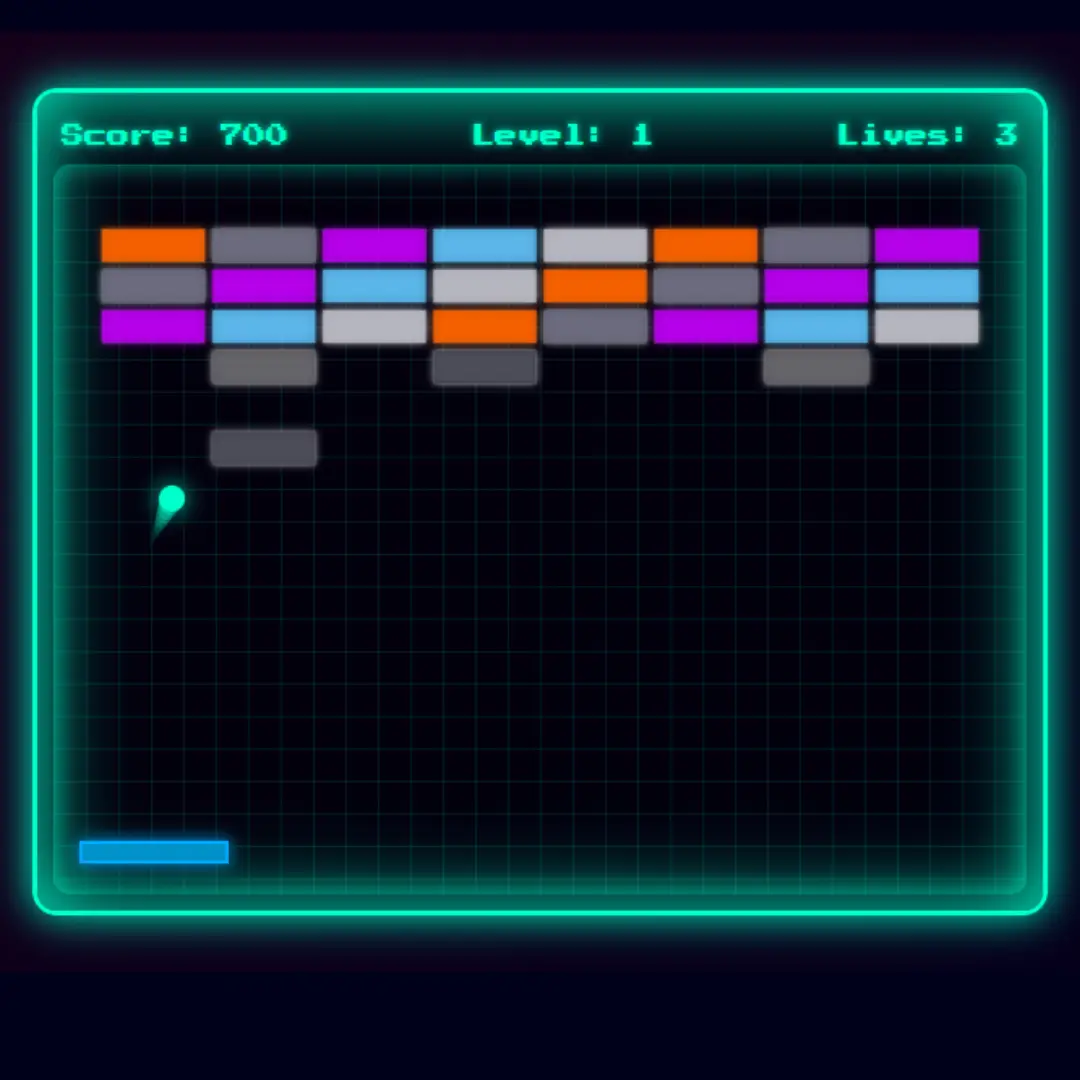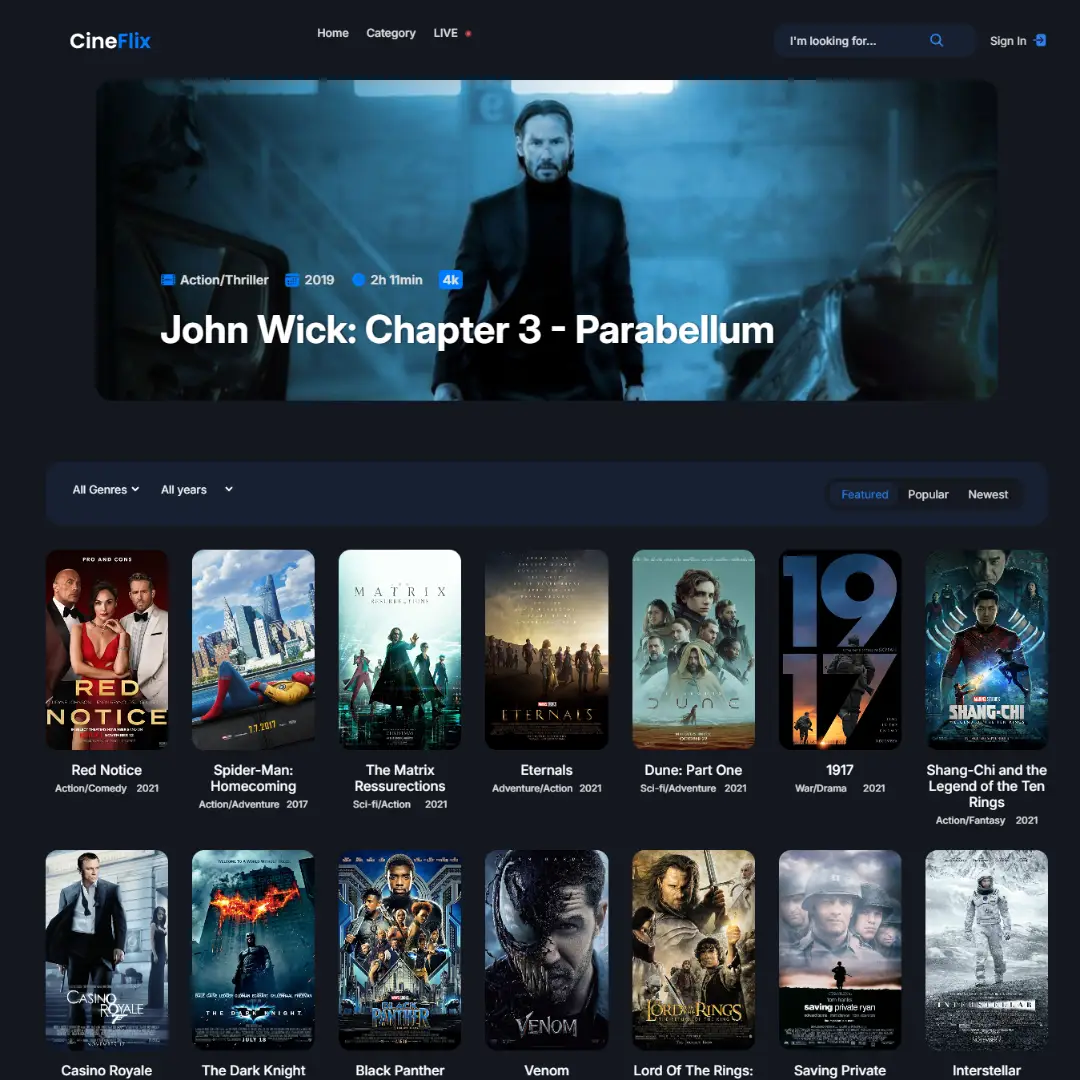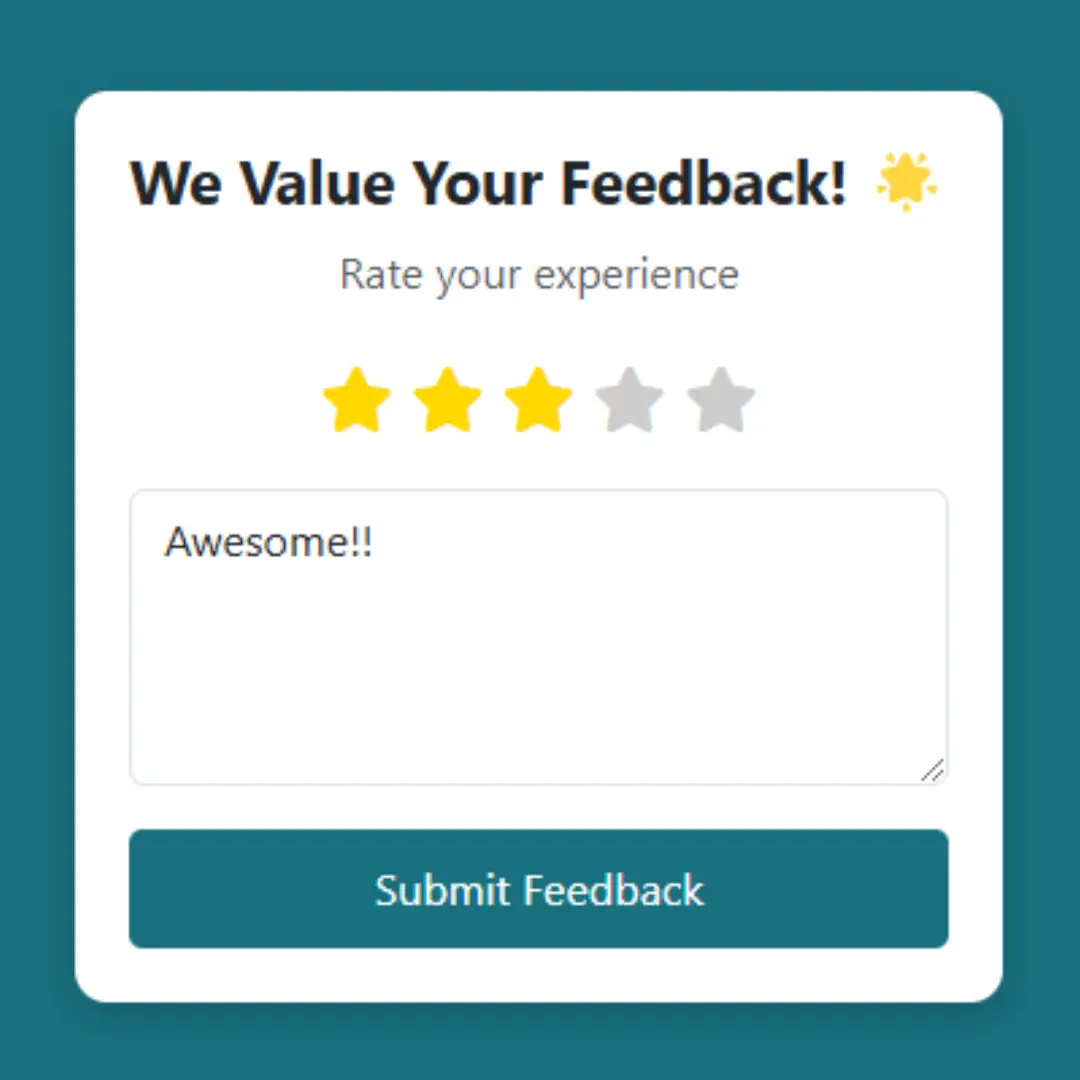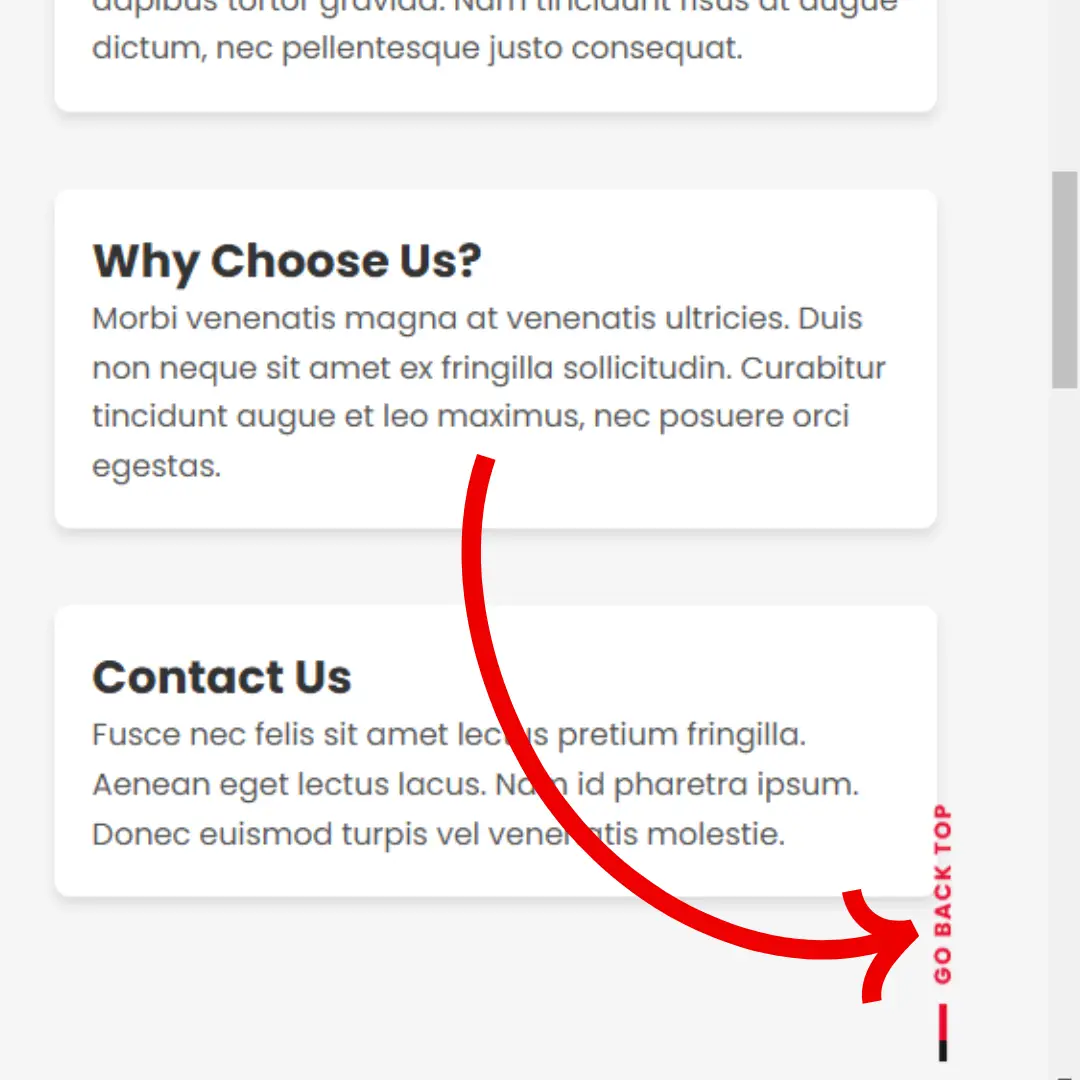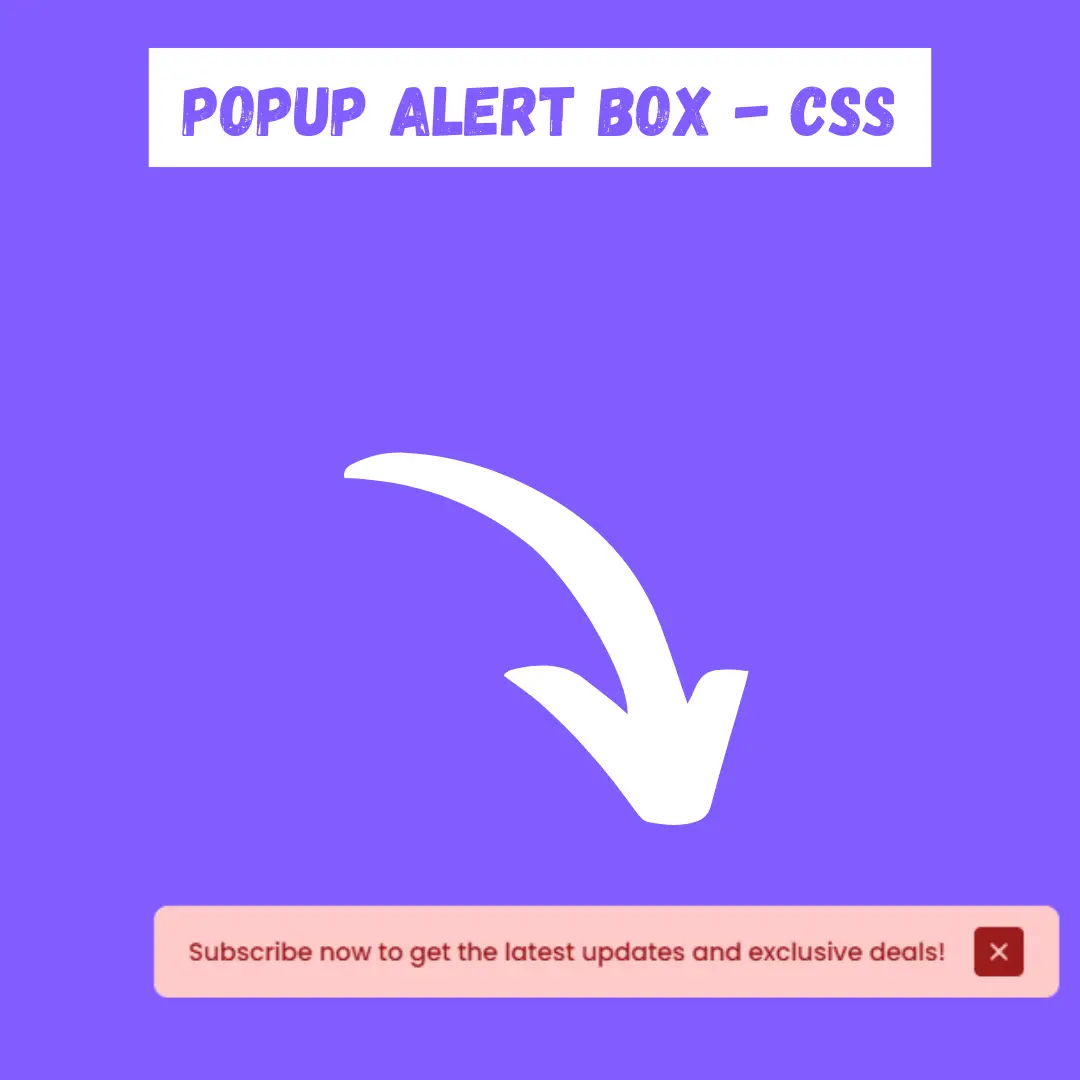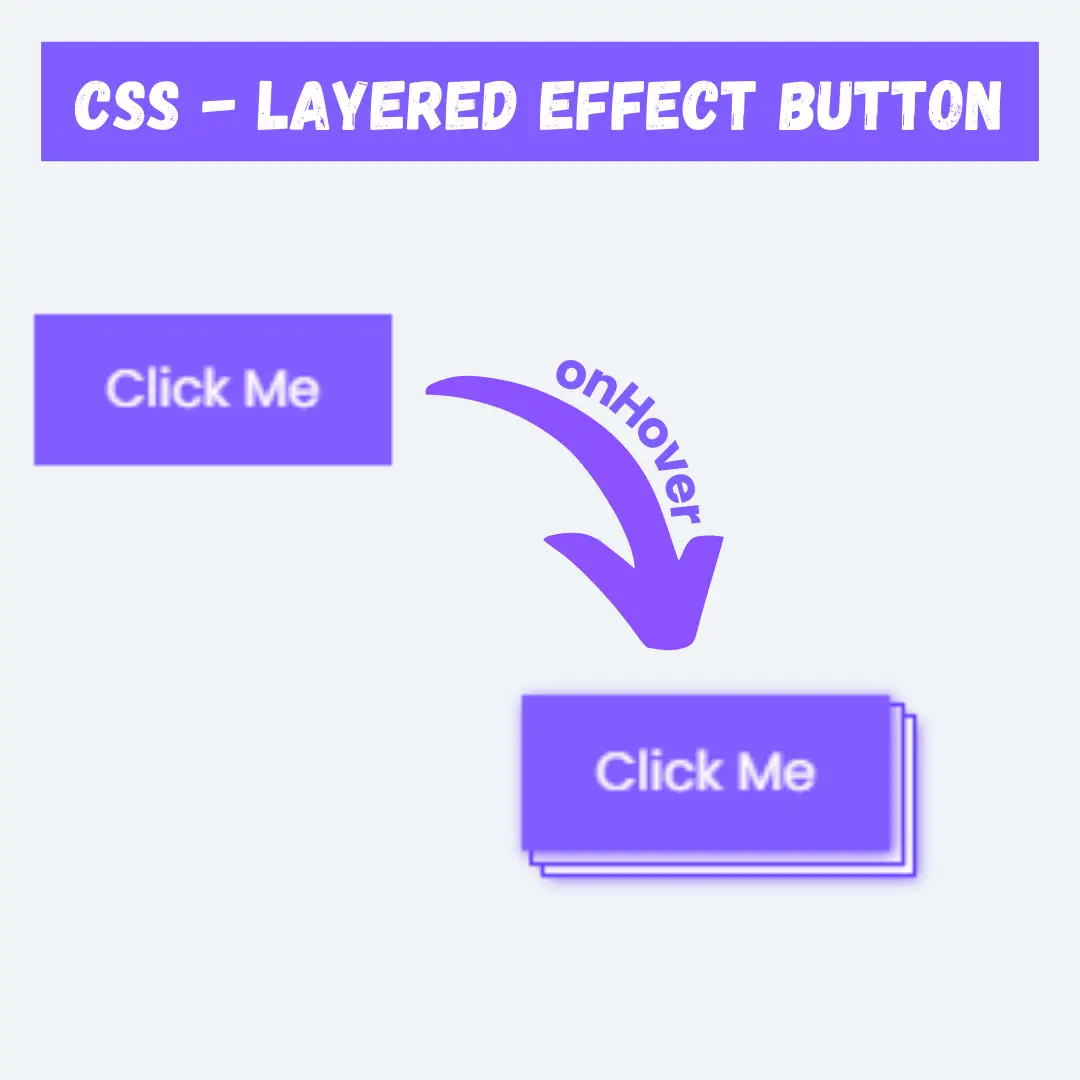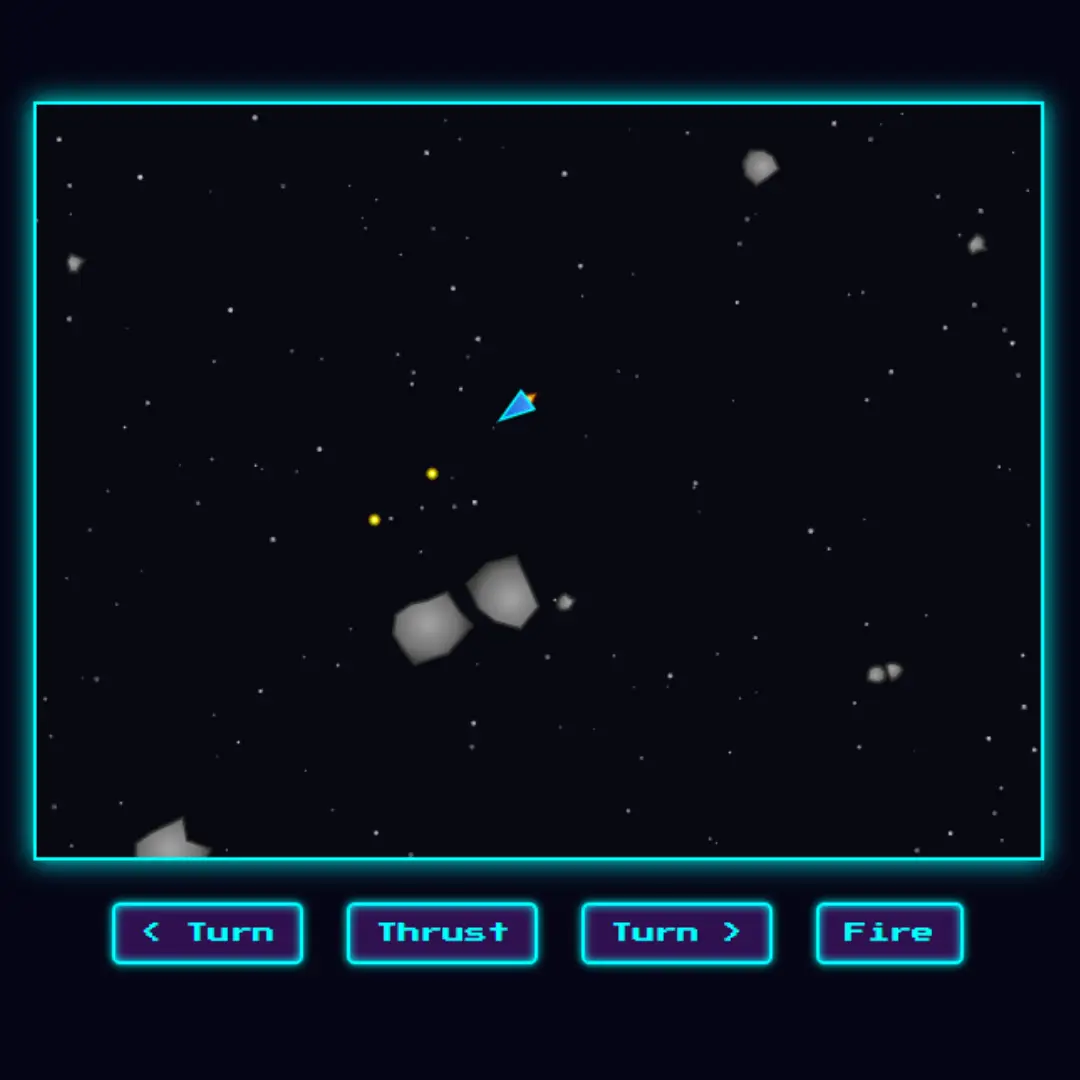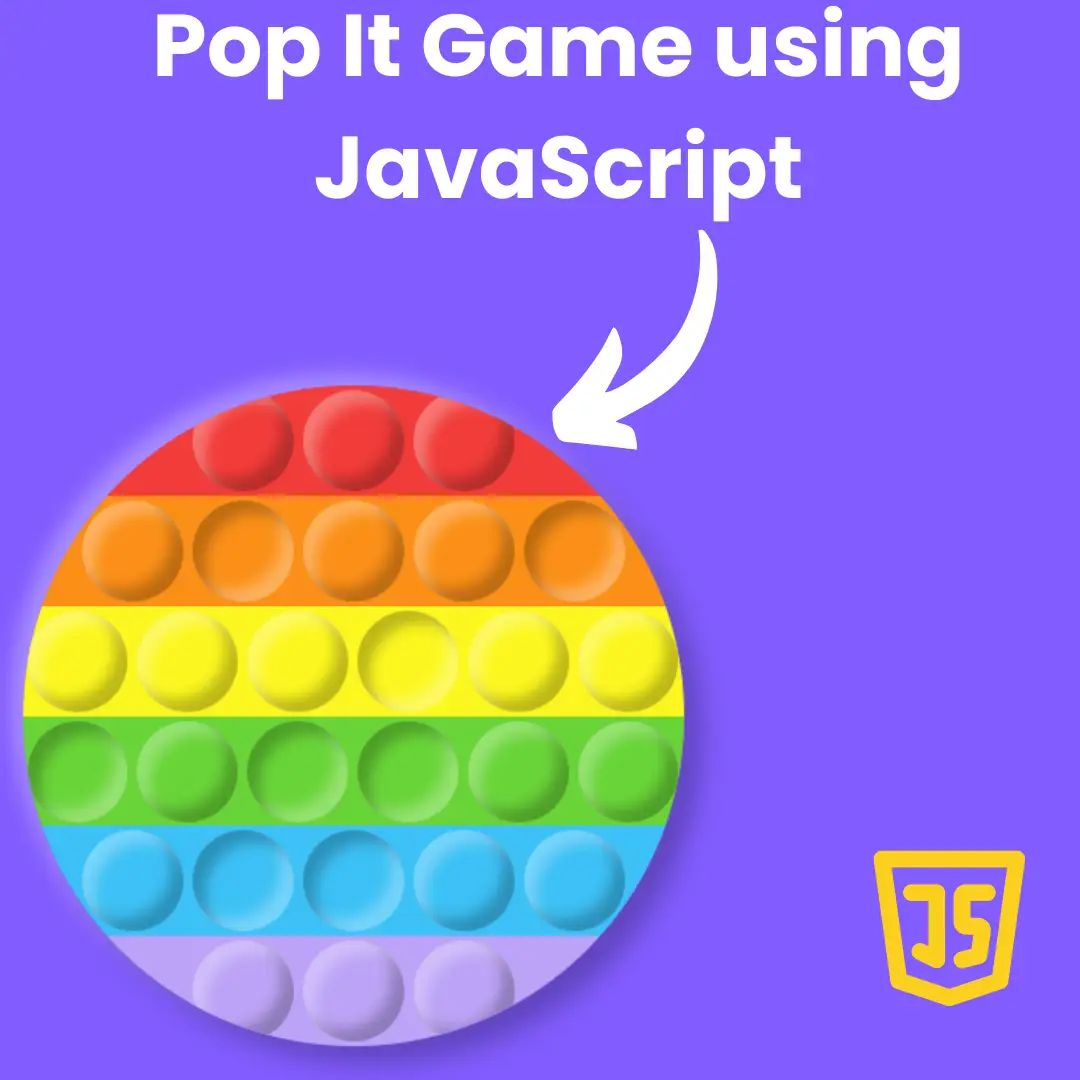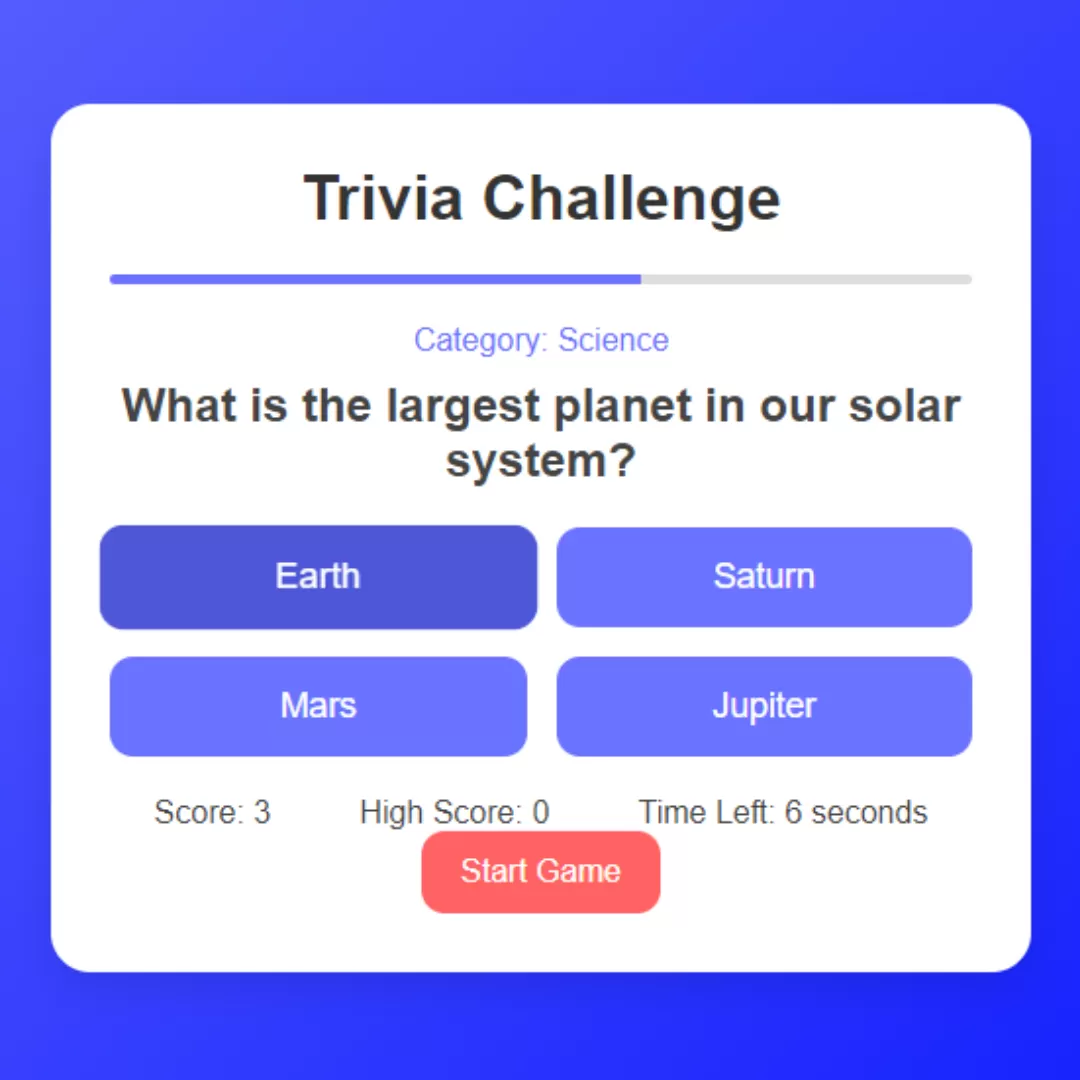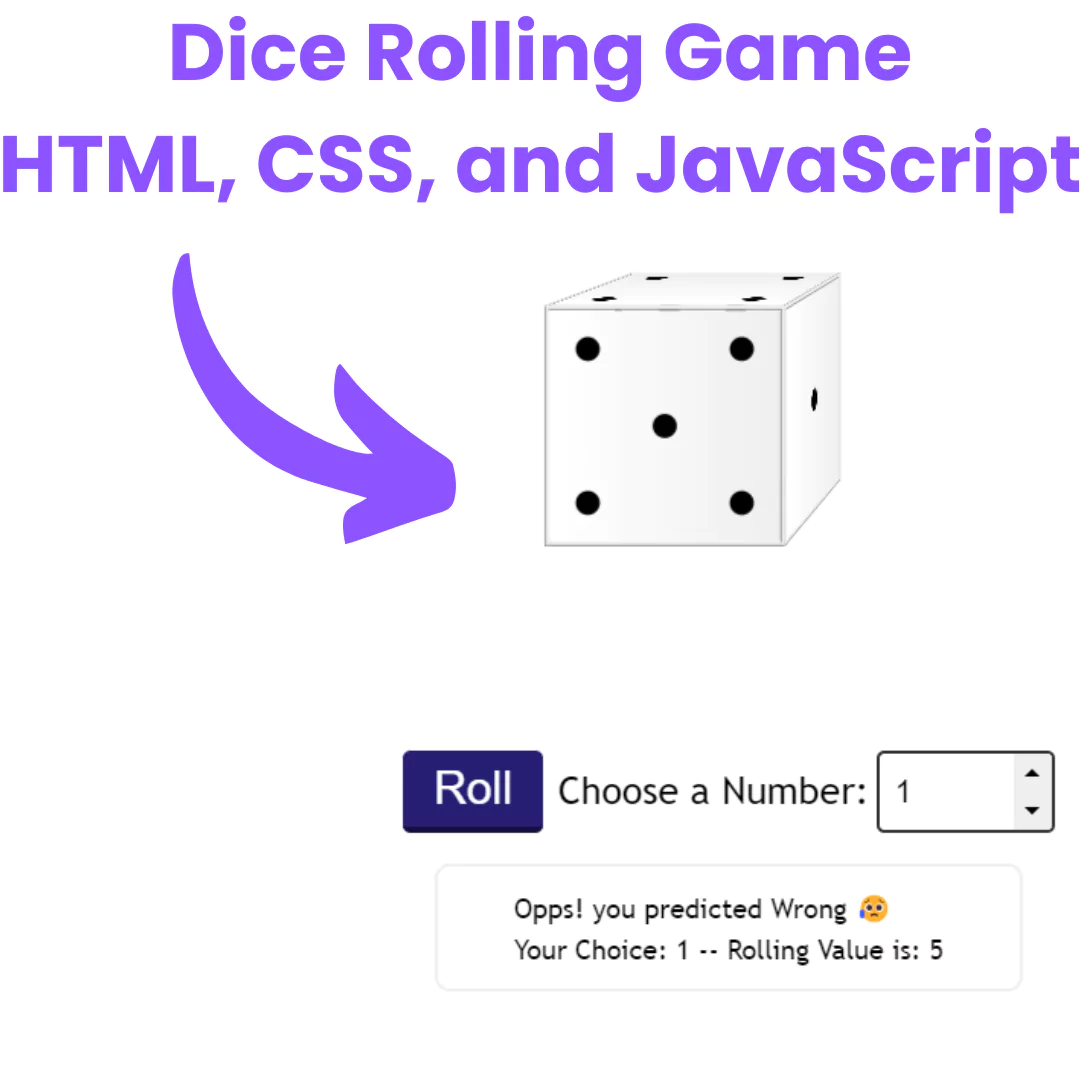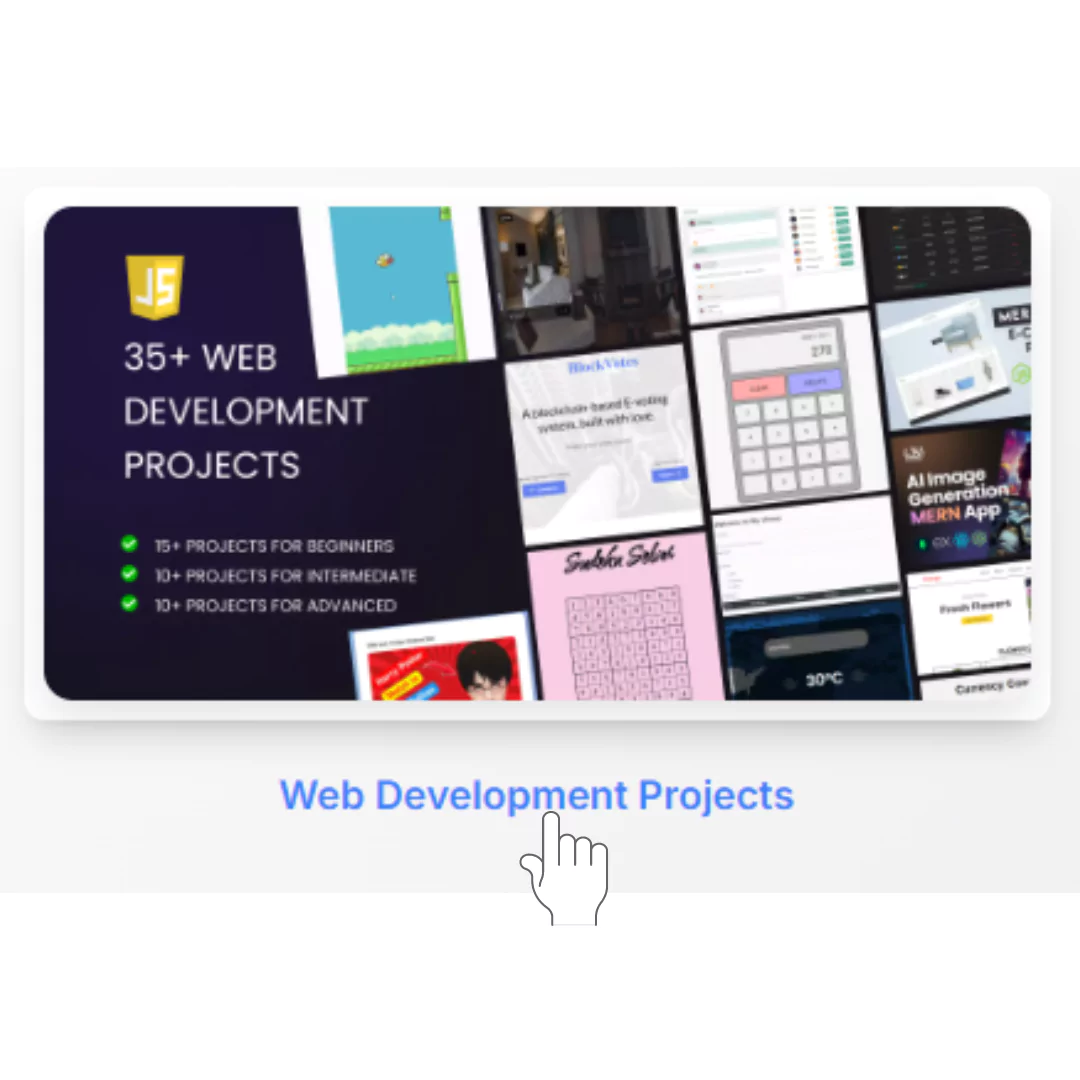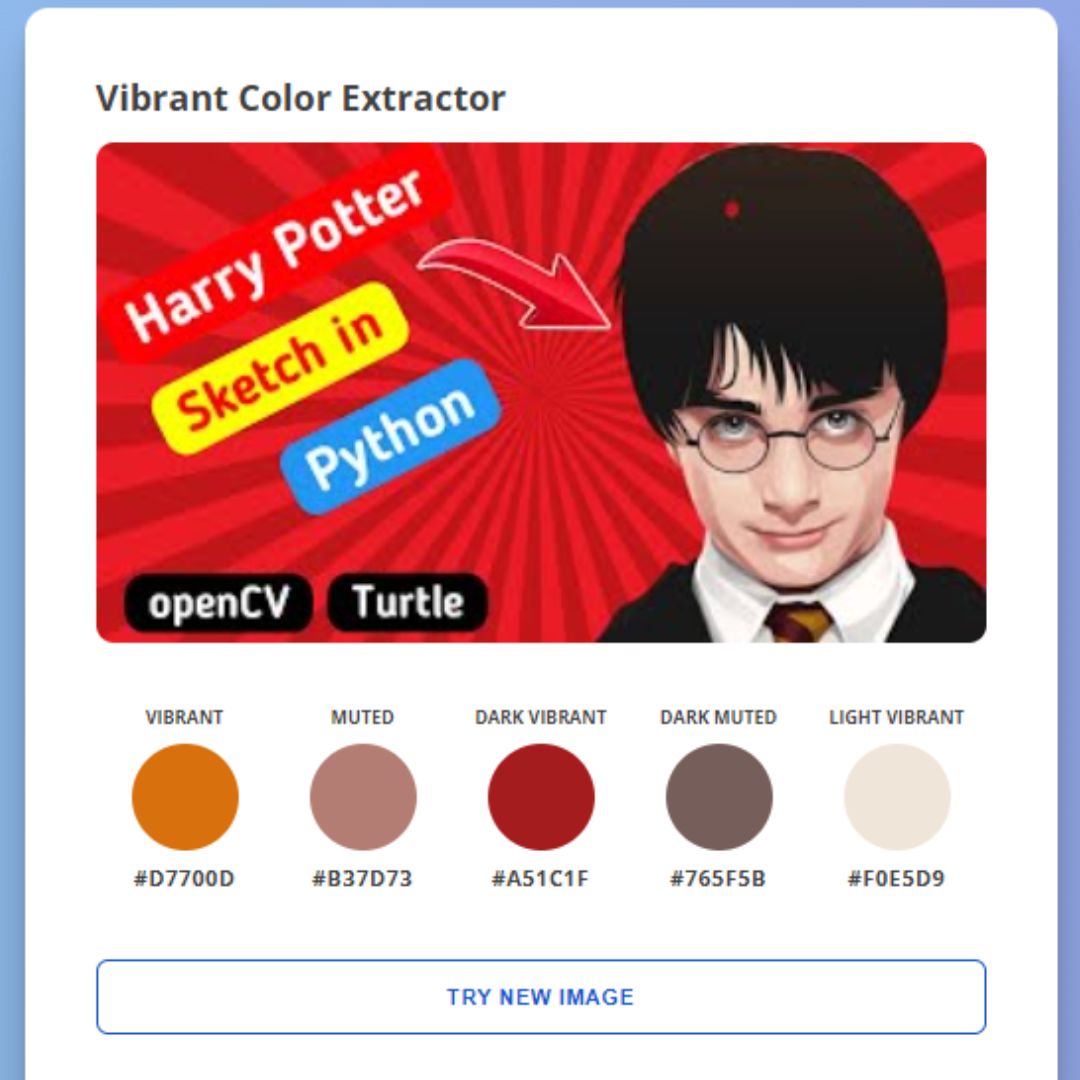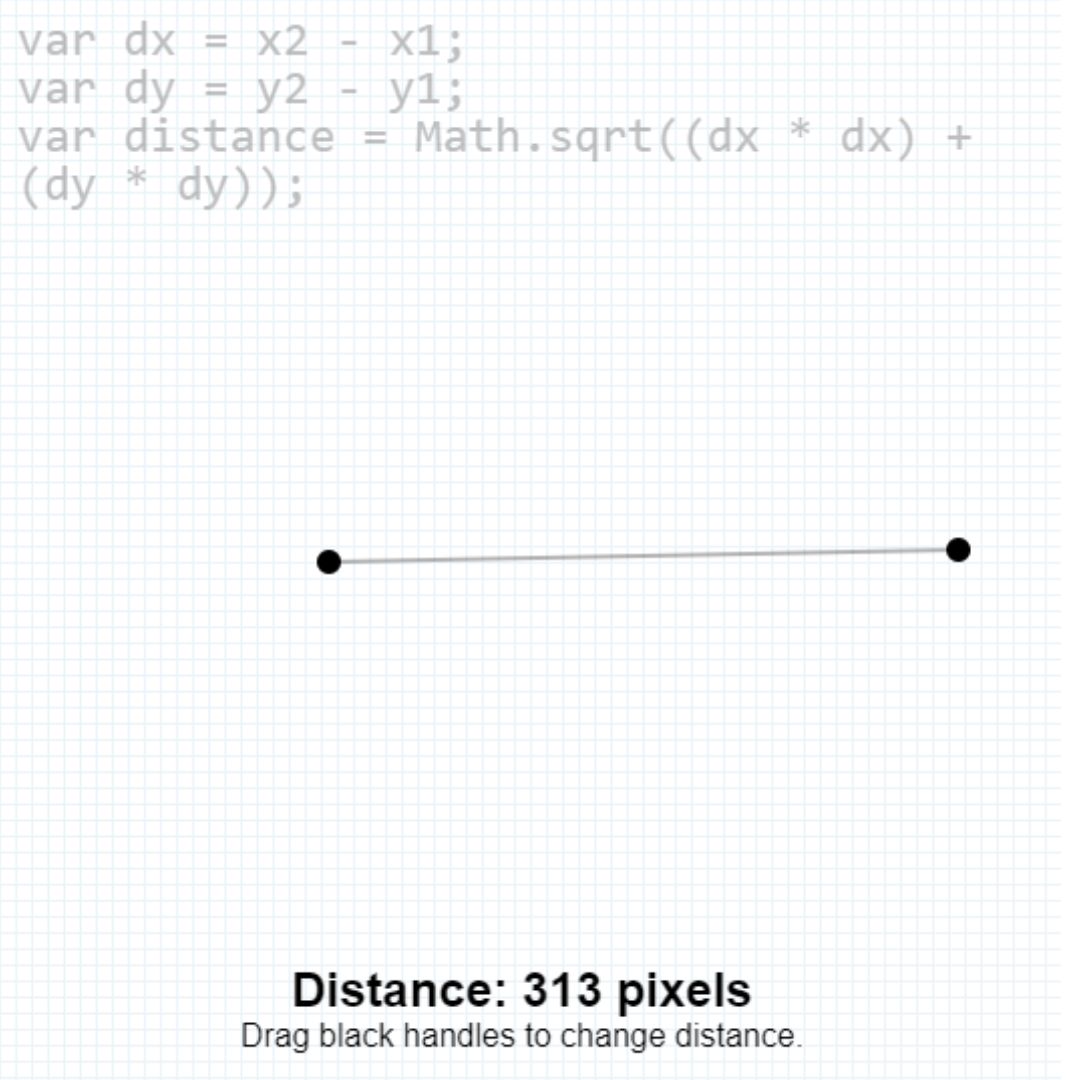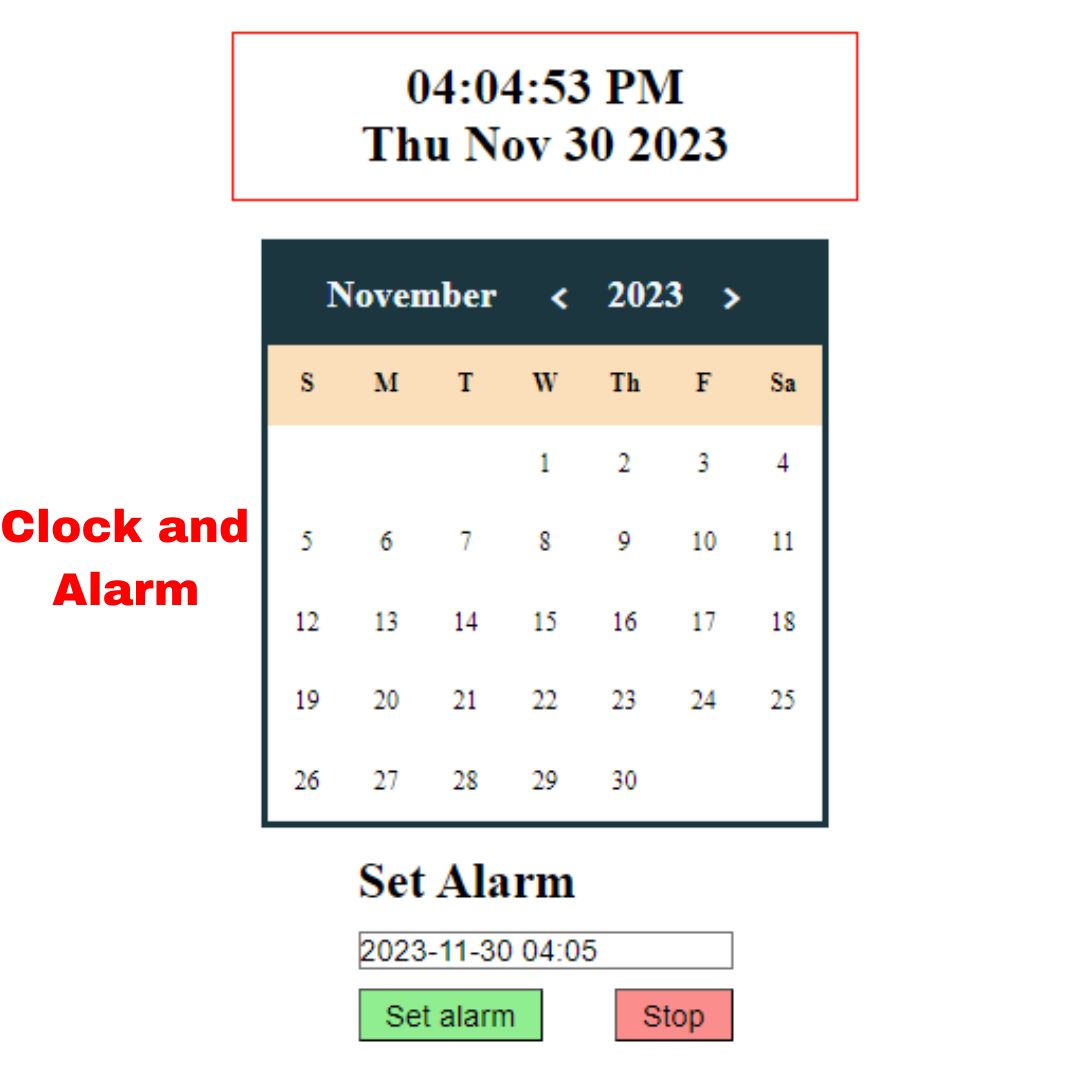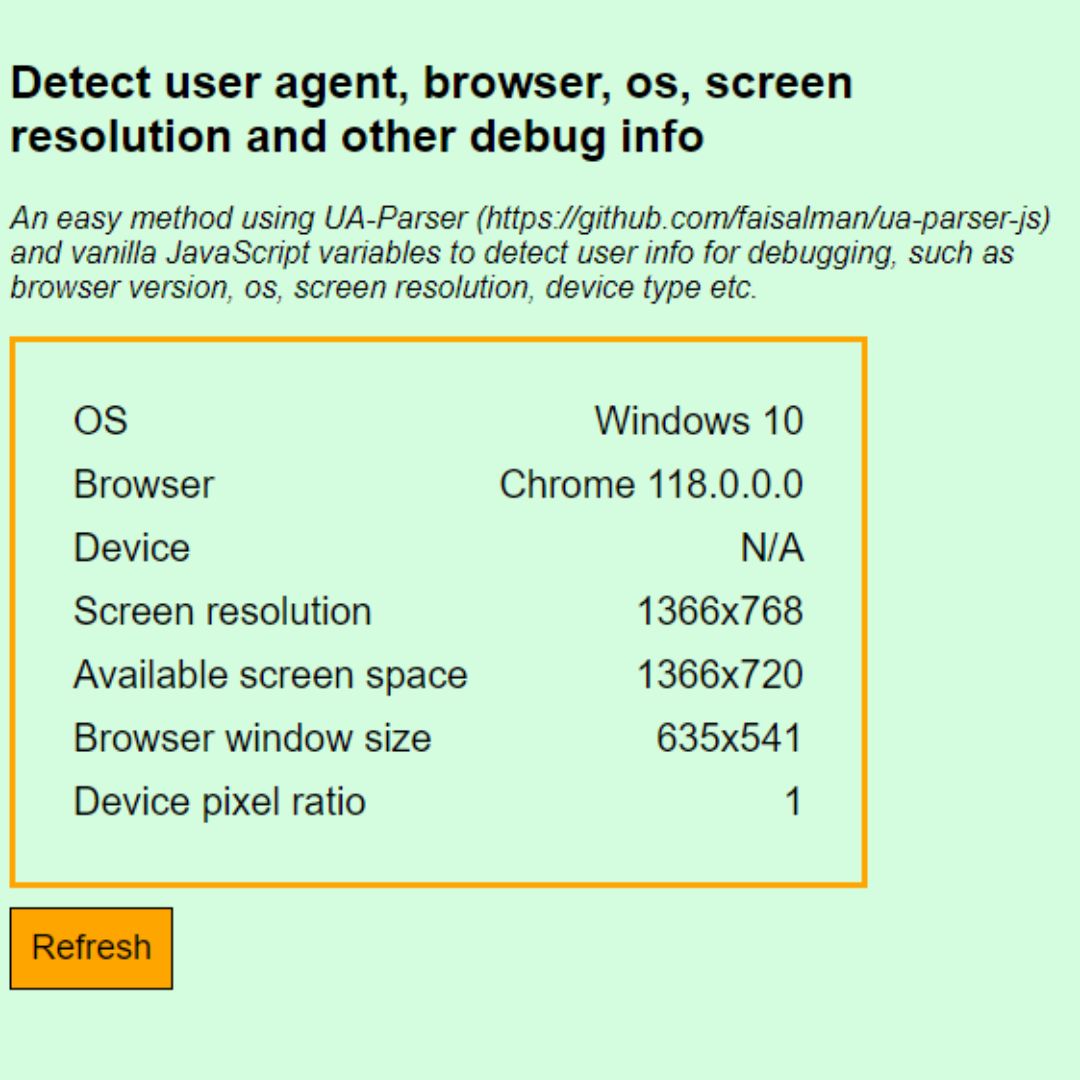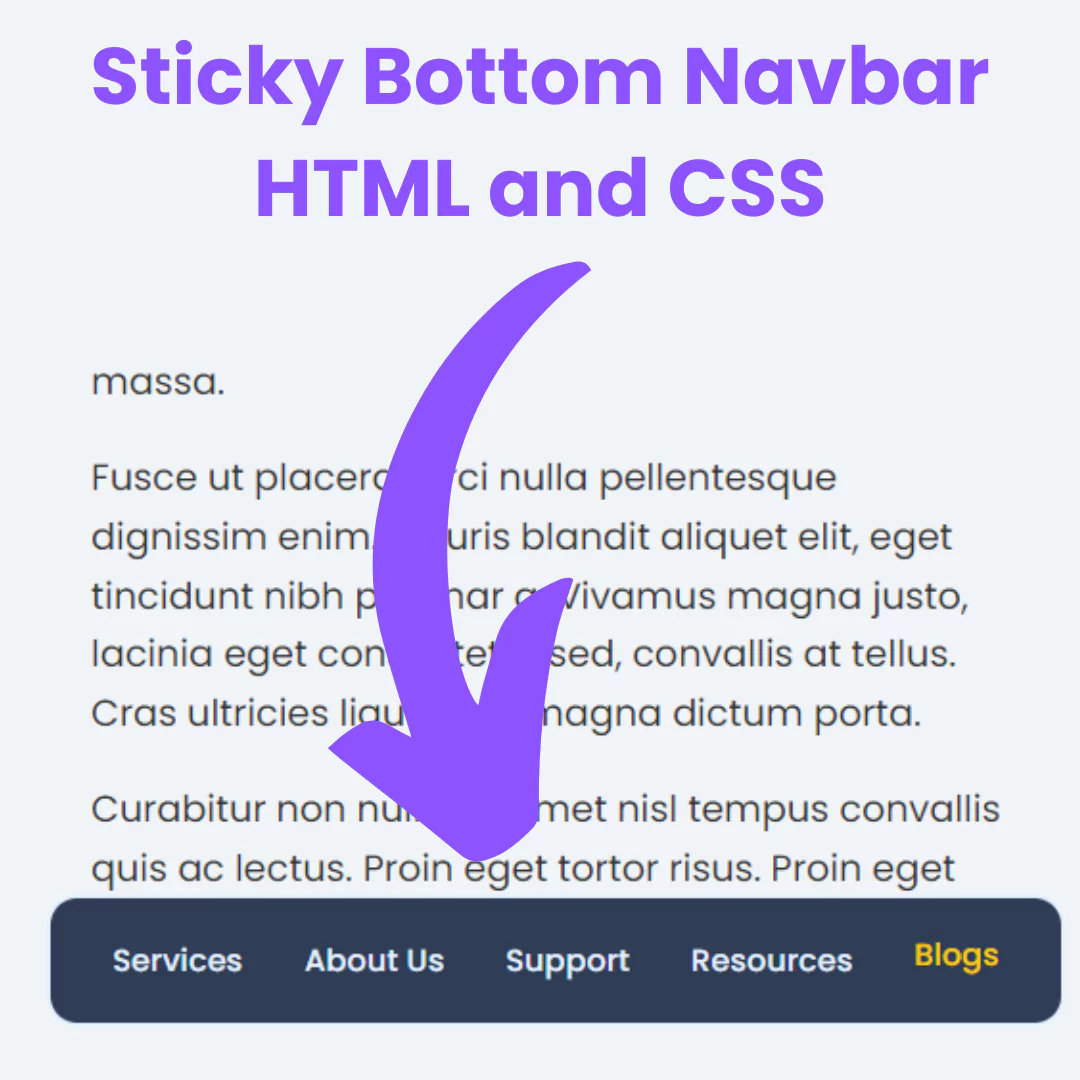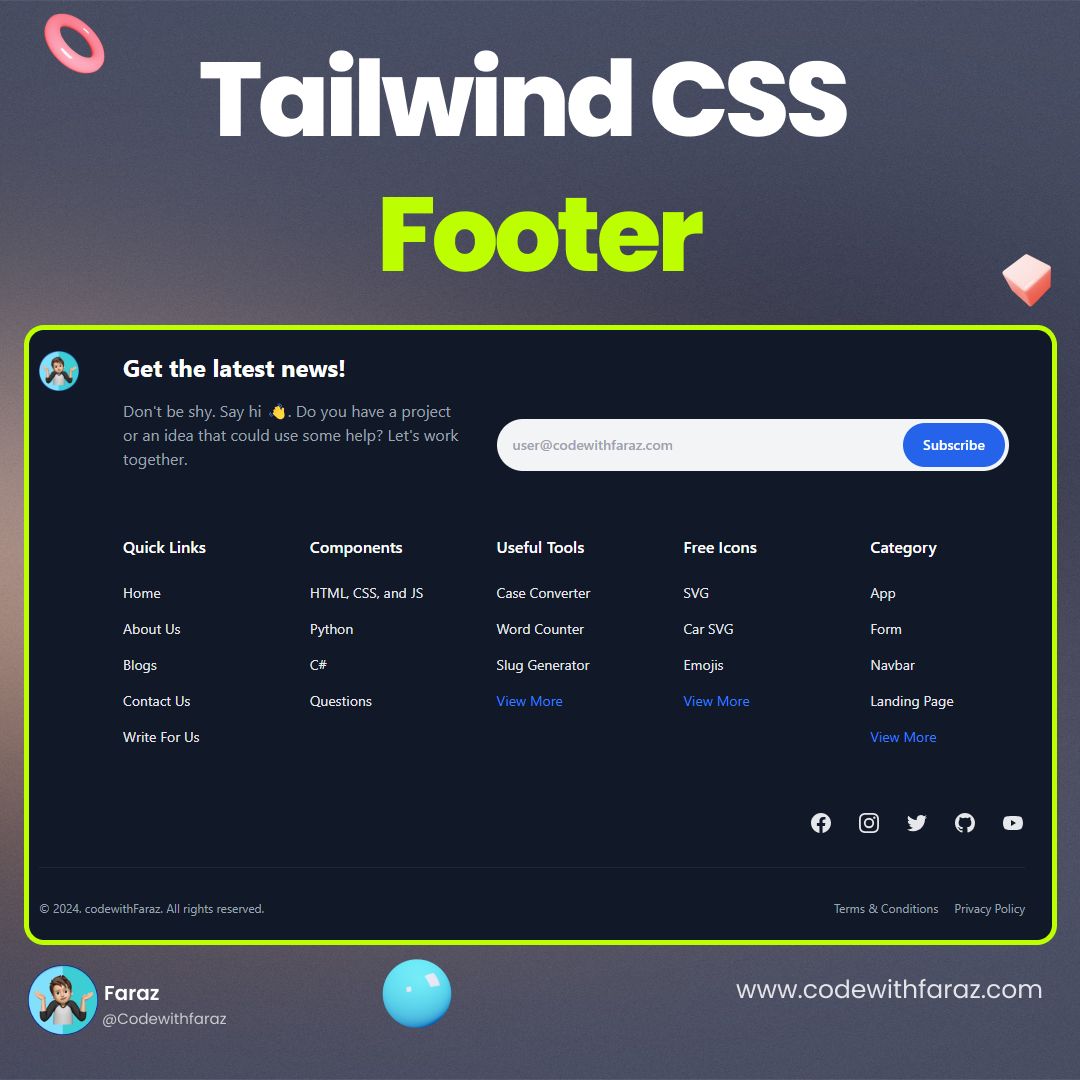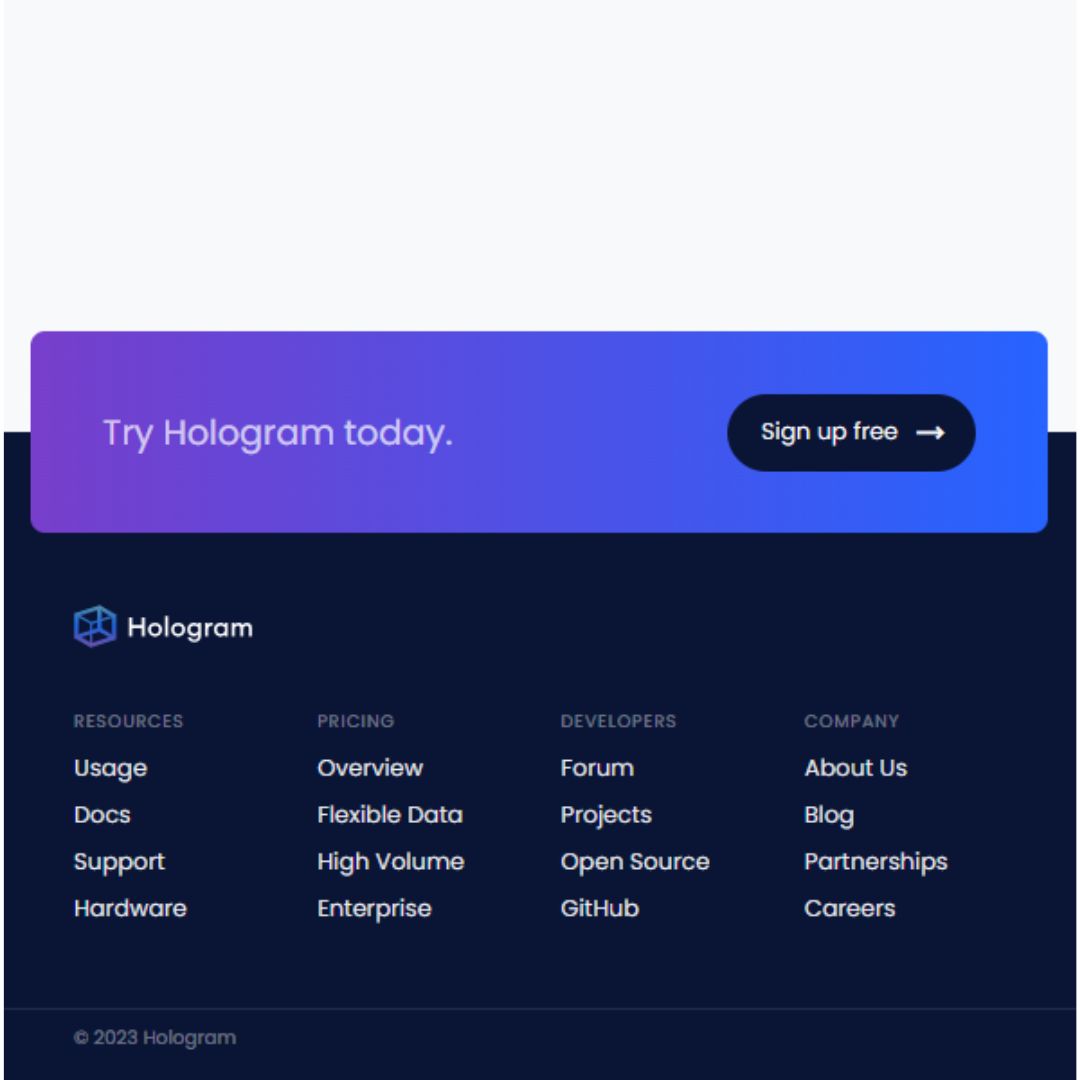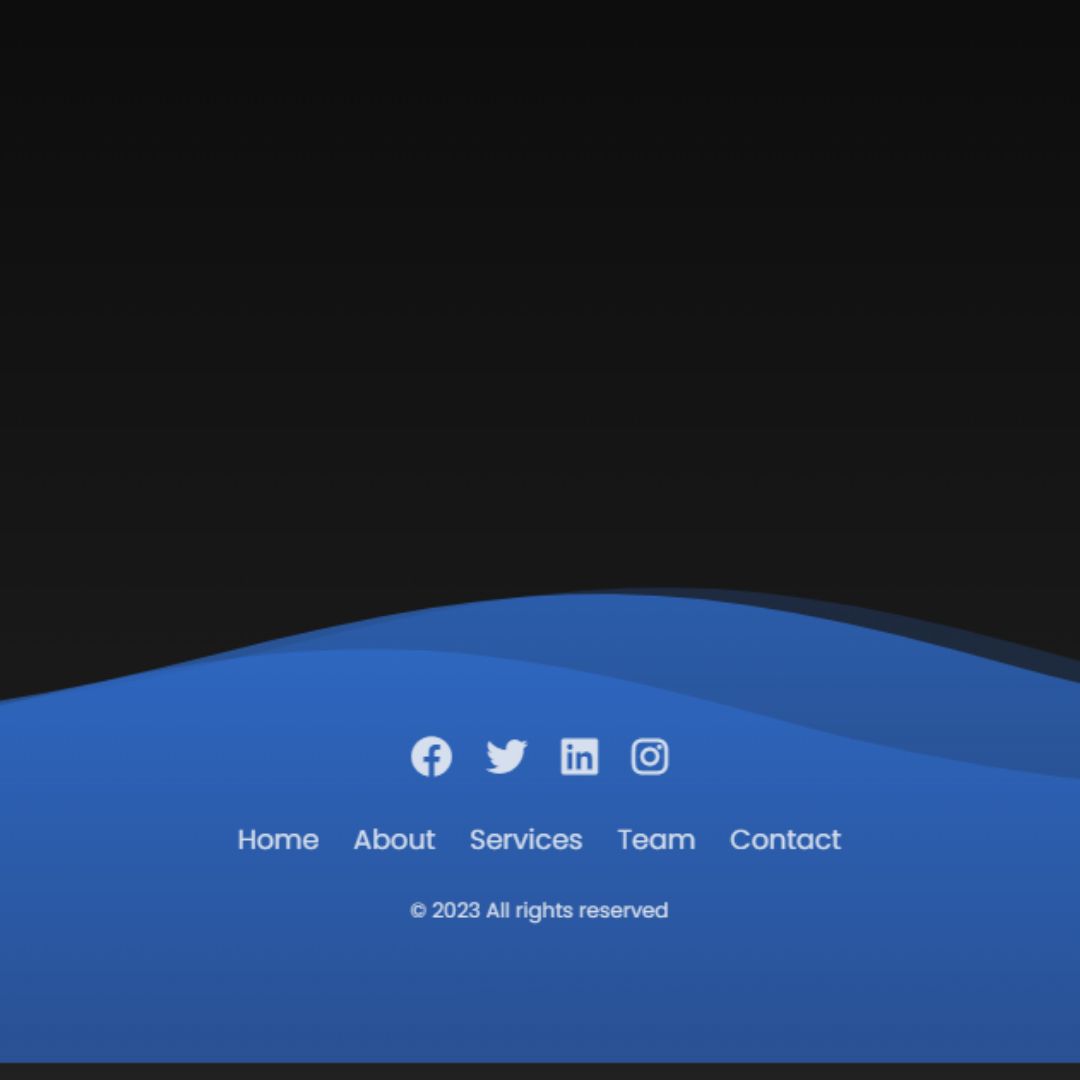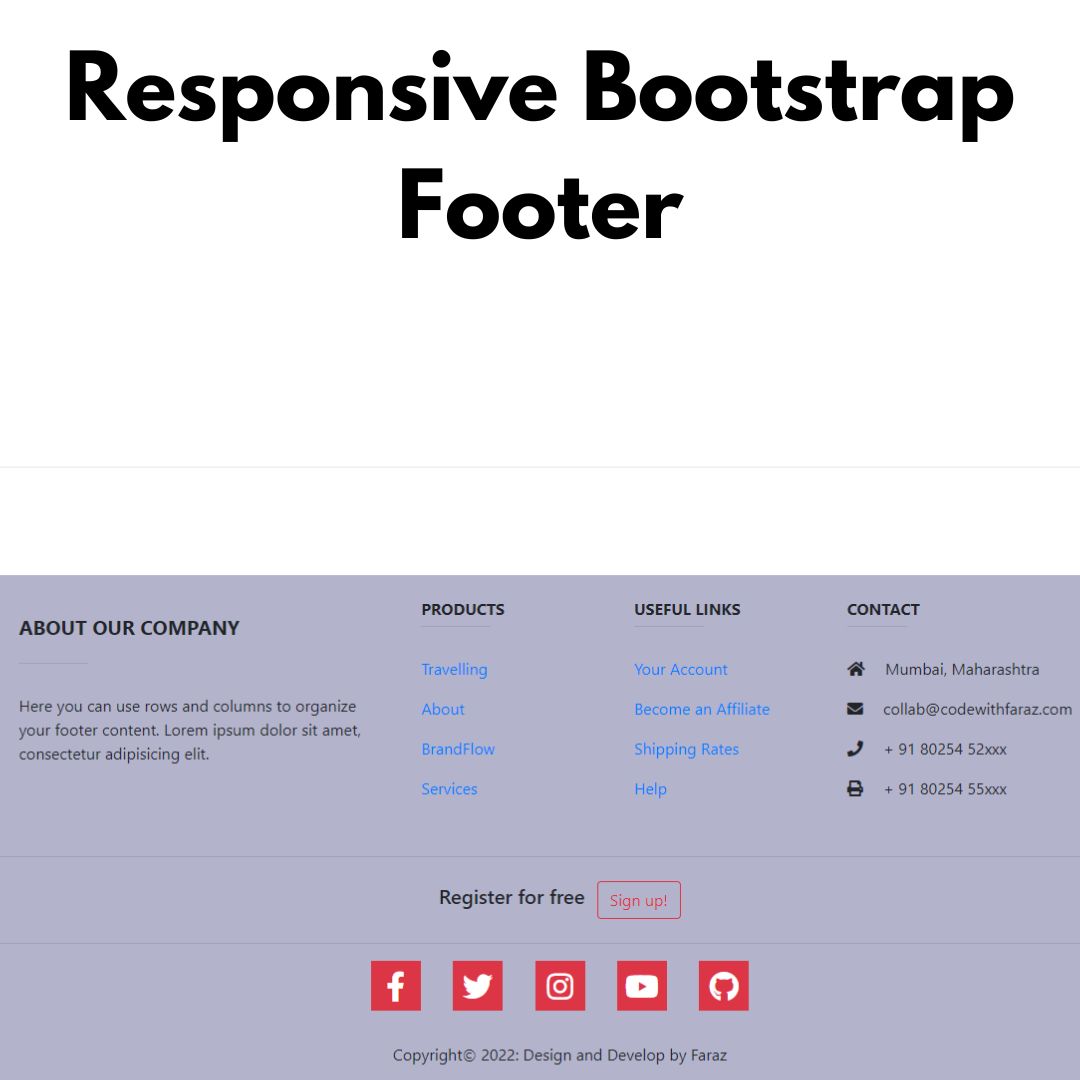Discover 15 examples of skeleton components crafted with Tailwind CSS. Explore versatile styles to enhance the loading experience of your web applications.

Dive into the world of Tailwind Skeleton Component Examples with our collection of 15 designs! Whether you're designing a loading screen or placeholders for content, these creations offer versatile options for displaying skeleton components.
Table of Contents
- Simple Skeleton
- Image Placeholder Skeleton
- Video Placeholder Skeleton
- Text Placeholder Skeleton
- Card Placeholder Skeleton
- Widget Placeholder Skeleton
- List Placeholder Skeleton
- Testimonial Placeholder Skeleton
- Skeleton Loader
- Tailwind - Skeleton Loading
- Skeleton Loader #2
- Component Skeleton Cards
- Card Skeleton
- Horizontal Card Skeleton
- Skeleton Card
Introduction
Welcome to our guide featuring 15 Tailwind Skeleton Component Examples! Skeleton components are valuable tools for enhancing user experience by providing placeholders during content loading, giving users visual cues that content is on its way. With Tailwind CSS, creating sleek and customizable skeleton components is both straightforward and efficient.
In this article, we'll explore a curated collection of 15 skeleton component examples built using Tailwind CSS. Whether you're developing a news website, an e-commerce platform, or a social media application, these examples offer inspiration and practical insights for implementing skeleton loading functionality in your projects.
1. Simple Skeleton

Created by tailwind-kit.com, this simple skeleton provides a clean and minimalist loading animation. With responsiveness built in, it ensures a smooth transition while content is loading.
| Creator | tailwind-kit.com |
| Responsive | Yes |
| Source Code | Click here! |
2. Image Placeholder Skeleton

Created by flowbite.com, this image placeholder skeleton offers a visual representation of where images will load. With responsiveness integrated, it provides a seamless loading experience for users.
| Creator | flowbite.com |
| Responsive | Yes |
| Source Code | Click here! |
3. Video Placeholder Skeleton

Also created by flowbite.com, this video placeholder skeleton offers a placeholder for video content. With responsiveness built in, it ensures a smooth loading transition for video elements.
| Creator | flowbite.com |
| Responsive | Yes |
| Source Code | Click here! |
4. Text Placeholder Skeleton

Another creation by flowbite.com, this text placeholder skeleton provides placeholders for text content. With responsiveness integrated, it ensures a clean loading experience for textual elements.
| Creator | flowbite.com |
| Responsive | Yes |
| Source Code | Click here! |
5. Card Placeholder Skeleton

Also from flowbite.com, this card placeholder skeleton offers a placeholder for card-based content. With responsiveness built in, it provides an intuitive loading experience for card elements.
| Creator | flowbite.com |
| Responsive | Yes |
| Source Code | Click here! |
6. Widget Placeholder Skeleton

Created by flowbite.com, this widget placeholder skeleton offers placeholders for widget elements. With responsiveness integrated, it ensures a seamless loading transition for widget-based content.
| Creator | flowbite.com |
| Responsive | Yes |
| Source Code | Click here! |
7. List Placeholder Skeleton

Created by flowbite.com, this list placeholder skeleton provides placeholders for list items. With responsiveness built in, it ensures a smooth loading experience for list-based content.
| Creator | flowbite.com |
| Responsive | Yes |
| Source Code | Click here! |
8. Testimonial Placeholder Skeleton

Also created by flowbite.com, this testimonial placeholder skeleton offers placeholders for testimonial content. With responsiveness integrated, it ensures a clean loading experience for testimonial elements.
| Creator | flowbite.com |
| Responsive | Yes |
| Source Code | Click here! |
9. Skeleton Loader

Created by mambaui.com, this skeleton loader provides a simple and functional loading animation. With responsiveness integrated, it ensures a smooth transition while content is loading.
| Creator | mambaui.com |
| Responsive | Yes |
| Source Code | Click here! |
10. Tailwind - Skeleton Loading

Created by Murat Benli, this skeleton loading component offers placeholders for content elements. With responsiveness built in, it provides a seamless loading experience for users.
| Creator | Murat Benli |
| Responsive | Yes |
| Source Code | Click here! |
11. Skeleton Loader #2

Another creation by mambaui.com, this skeleton loader offers an alternative design option for loading animations. With responsiveness integrated, it ensures a clean loading transition for content.
| Creator | mambaui.com |
| Responsive | Yes |
| Source Code | Click here! |
12. Skeleton Cards Component

Created by devdojo.com, this skeleton cards component provides placeholders for card-based content. With responsiveness built in, it offers an intuitive loading experience for card elements.
| Creator | devdojo.com |
| Responsive | Yes |
| Source Code | Click here! |
13. Card Skeleton

Also from tailwind-kit.com, this card skeleton offers placeholders for card elements. With responsiveness integrated, it ensures a smooth loading transition for card-based content.
| Creator | tailwind-kit.com |
| Responsive | Yes |
| Source Code | Click here! |
14. Horizontal Card Skeleton

Also created by tailwind-kit.com, this horizontal card skeleton provides placeholders for horizontal card elements. With responsiveness built in, it offers a clean loading experience for horizontal card content.
| Creator | tailwind-kit.com |
| Responsive | Yes |
| Source Code | Click here! |
15. Skeleton Card

Created by gamestap99, this skeleton card component offers a placeholder for card-based content. With responsiveness integrated, it ensures a seamless loading transition for card elements.
| Creator | gamestap99 |
| Responsive | Yes |
| Source Code | Click here! |
Conclusion
In conclusion, integrating skeleton components into your web applications can greatly improve user experience and perception of speed. With the diverse range of Tailwind CSS skeleton component examples provided in this guide, you have the flexibility to choose a style that aligns with your project's requirements and visual aesthetics.
Feel free to explore the showcased examples and adapt them to suit your application's specific needs and design preferences. By leveraging Tailwind CSS, you can streamline the development process and create visually appealing skeleton-loading interfaces that keep users engaged while content loads in the background. Start implementing these examples into your projects today and enhance your application's perceived performance!
That’s a wrap!
Thank you for taking the time to read this article! I hope you found it informative and enjoyable. If you did, please consider sharing it with your friends and followers. Your support helps me continue creating content like this.
Stay updated with our latest content by signing up for our email newsletter! Be the first to know about new articles and exciting updates directly in your inbox. Don't miss out—subscribe today!
If you'd like to support my work directly, you can buy me a coffee . Your generosity is greatly appreciated and helps me keep bringing you high-quality articles.
Thanks!
Faraz 😊


